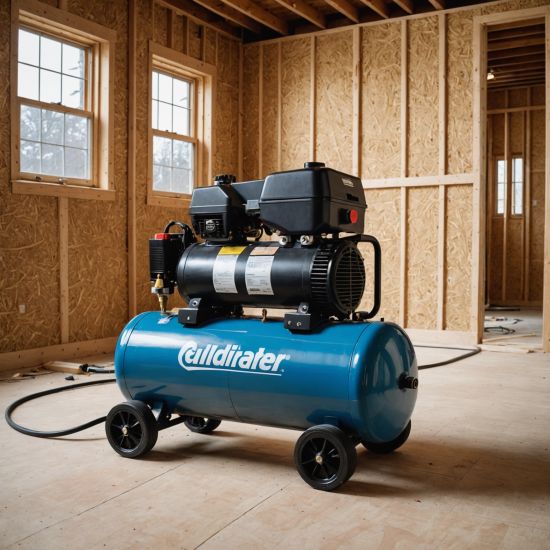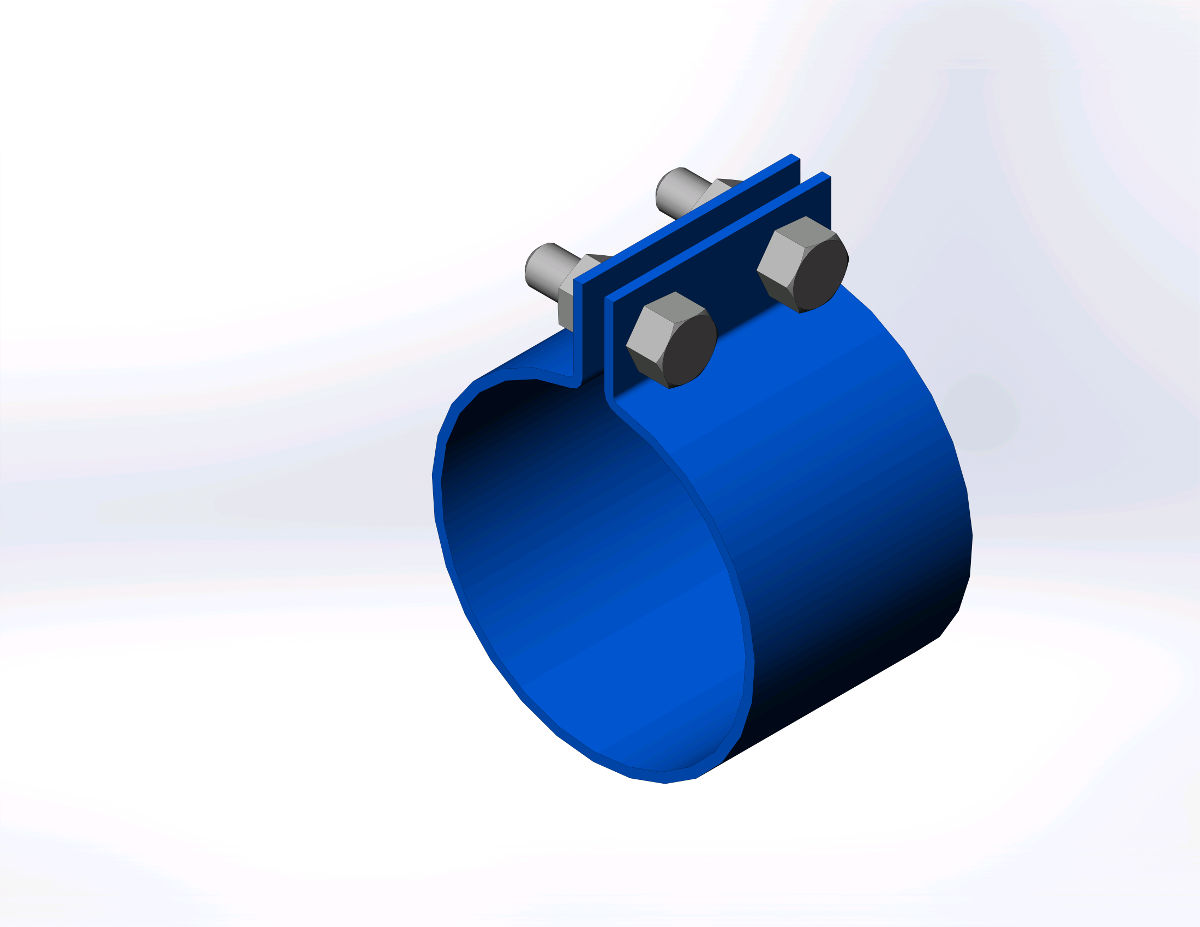Understanding Air Compressor Size and Power

Air compressors are useful tools for many tasks. Understanding their size and power is key to choosing the right one.
TLDR - understanding air compressor size and power
- Size matters: Compressor tank size affects runtime. Larger tanks mean longer operation without needing to recharge.
- Power is key: SCFM (cubic feet per minute) and CFM ratings indicate the compressor's output. Higher ratings mean faster work.
- PSI matters too: PSI (pounds per square inch) shows the pressure. Different tools need different PSI levels.
- Misconception Alert: Bigger isn't always better. Choose a compressor sized for your needs.
A Brief History
Early air compressors were large, stationary machines. They powered industrial processes. Think of early mining or manufacturing. Over time, technology improved. Smaller, portable compressors became available. This opened up many new applications. Today, you can find them in garages, workshops, and even some homes.
Understanding Size and Power
Tank Size
The tank size determines how long the compressor can run. Larger tanks store more compressed air. This means longer operation time between cycles. Smaller tanks are fine for small tasks. Larger tanks are needed for more demanding jobs.
SCFM and CFM Ratings
SCFM (standard cubic feet per minute) and CFM (cubic feet per minute) measure a compressor's air delivery rate. SCFM is measured at a standard pressure. CFM is measured at the working pressure. Higher SCFM/CFM ratings mean faster inflation and tool operation. You can find this information on the compressor's specifications.
PSI (Pounds per Square Inch)
PSI indicates the pressure of the compressed air. Different tools need different PSI levels. Check your tools' requirements. A higher PSI doesn't always mean better performance. Over-pressurizing tools can damage them.
Popular Misconceptions
Many believe that a larger compressor is always better. This isn't true. An oversized compressor is overkill and expensive. It wastes energy. Choose a compressor that matches your needs and planned use. Consider your typical tasks and the tools you'll use.
Choosing the Right Compressor
Consider the size and type of jobs you'll be doing. Will it be for inflating tires, or powering a nail gun? Research different compressor models. Read reviews before making a decision. Proper sizing is essential. It ensures efficient and safe operation.






